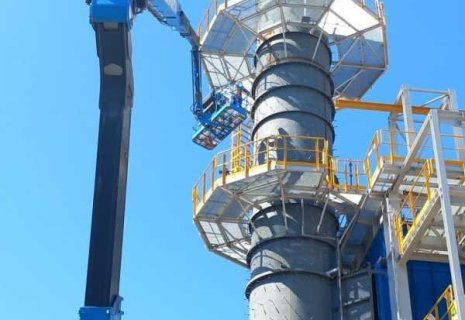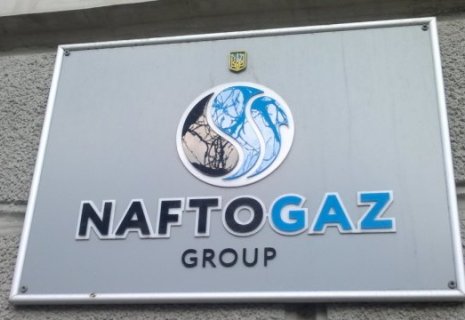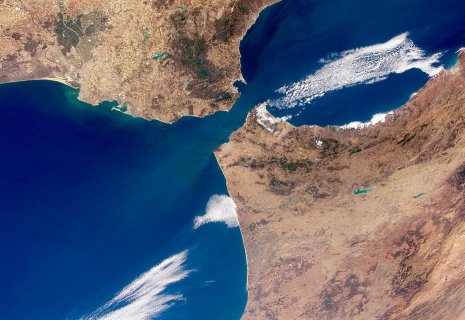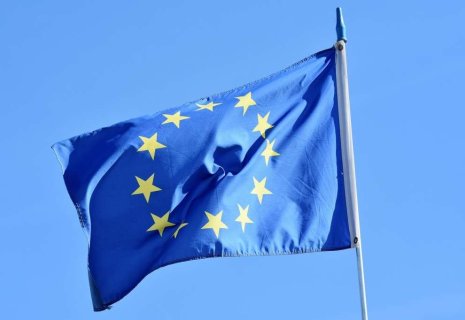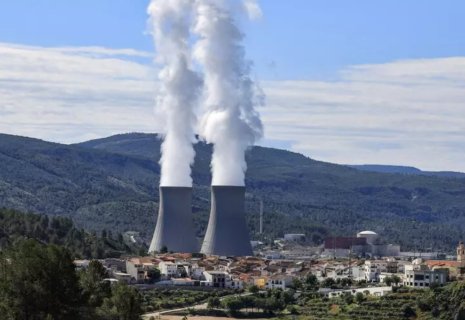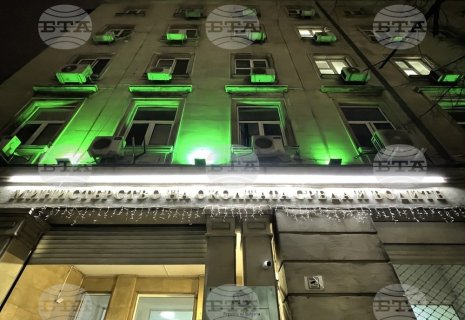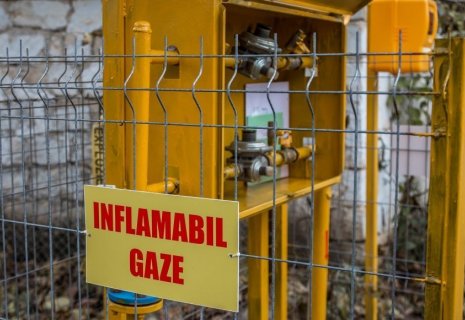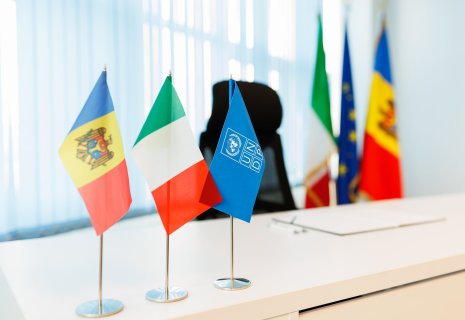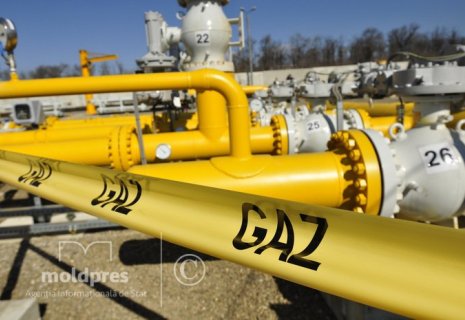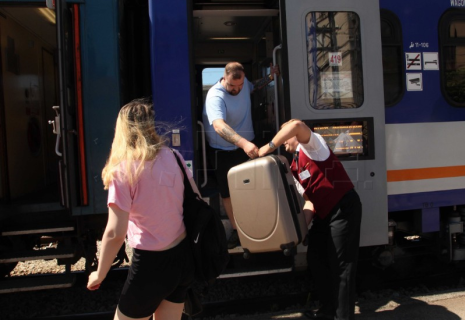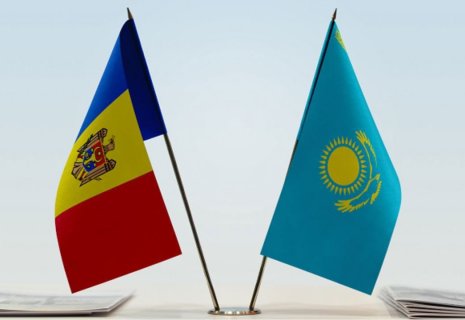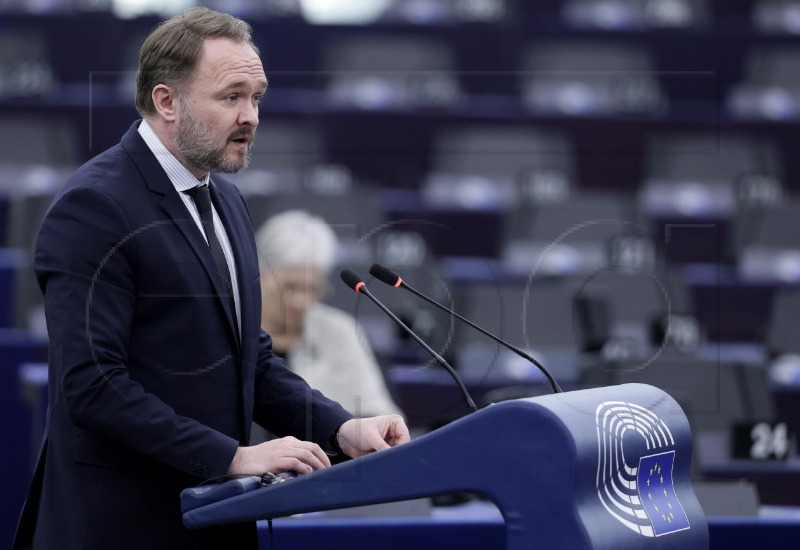
EU reveals plan to reshape energy costs
The European Action Plan for Affordable Energy will generate savings of €45 billion in its first year, with total savings reaching €260 billion by 2040, Energy and Housing Commissioner Dan Jørgensen has said.
This will allow for average savings of over €200 per household, he said in an interview with the European Newsroom (ENR), a joint project of some 20 European news agencies, CE Report quotes HINA.
High energy prices are having a significant impact on the competitiveness of the European economy, according to a key conclusion of a report on the future of European competitiveness prepared for the Commission by former European Central Bank president Mario Draghi.
In response, the Commission has developed an action plan for affordable energy aimed at reducing energy prices, eliminating dependence on Russian fossil fuels, and continuing decarbonisation efforts through investment in renewable energy sources.
The plan covers all three components of energy bills - energy production costs, transmission network fees, and taxes and levies.
Jørgensen said that while the EU has significantly reduced its dependence on Russia since the start of the Russian attack on Ukraine, more needs to be done. A plan is therefore being prepared to fully eliminate this dependence.
We have reduced our reliance on Russian gas from 45% in 2022 to the current 13%, but during this period, we have spent more money buying Russian energy than we have provided in aid to Ukraine, the Commissioner said.
In this way, we are indirectly helping to fill Putin’s war chest, so we need to do more to become independent of Russian fossil fuels, Jørgensen added.
When asked when the EU might completely eliminate its dependence on Russian energy without increasing costs for citizens and businesses, Jørgensen said he could not provide an exact date but would soon present a roadmap to achieve this goal.
We are working hard on this while ensuring that it does not come at the expense of citizens, he added.
He emphasised that the EU will need massive investments in renewable energy, energy efficiency and transmission networks. A major obstacle to achieving these goals is the lengthy permit approval process.
Sometimes it takes between five and ten years, or even longer, to obtain permits for new renewable energy projects or transmission networks. This is far too slow and completely unacceptable. Therefore, we will not aim to reduce this by just 10 or 20%, but to set a rule that the process should never take longer than six months, and for complex projects, slightly longer, but no more than two years, according to Jørgensen.
He said nuclear energy will play a significant role in the EU’s energy mix but does not expect a major expansion.
We currently generate 99 GW from nuclear power plants, and we estimate that this will drop to 88 GW in the 2040s before rising again to around 100 GW by the middle of the century. So, more or less, we will remain at the same level as today, and no major expansion is expected, he said.
What could change this is the development of small modular reactors, but that is difficult to predict, Jørgensen added.
There is potential for new technologies, such as fourth-generation nuclear reactors, and if that technology matures sufficiently for the market, it could lead to countries that are currently opposed to nuclear energy due to safety concerns and waste issues reconsidering their position, the commissioner said.

